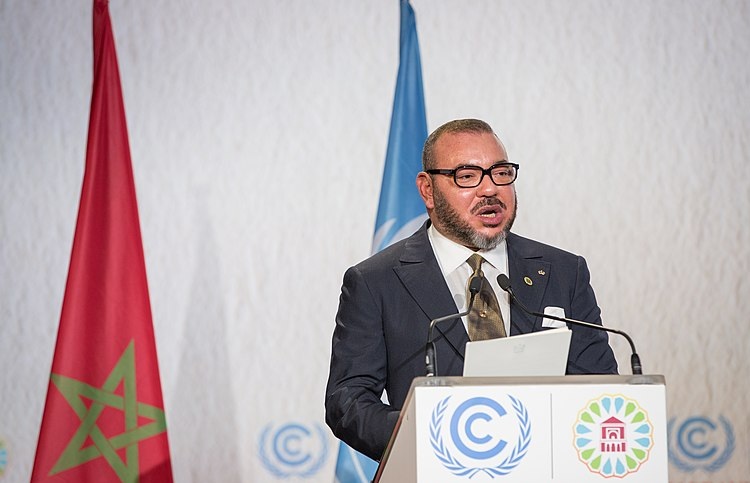The Diplomat
Morocco announced yesterday more “answers”, after launching new accusations against Spain, now for using “as an alibi” the migration issue -including the problem of unaccompanied minors- to avoid “the real causes of the political crisis” between the two countries.
The warning has again come from the Moroccan Ministry of Foreign Affairs, this time in a communiqué announcing that King Mohammed VI has instructed this department and the Ministry of the Interior to “definitively” solve the problem of unaccompanied Moroccan minors in an irregular situation in Spain and other European Union countries.
The communiqué assures that Mohamed VI “had stressed on numerous occasions, including to foreign heads of state, the clear and firm commitment of the Kingdom of Morocco to accept the return of duly identified unaccompanied minors”.
The Moroccan government also stresses that there are “cooperation mechanisms” with countries such as Spain and France, which have allowed “the return of several dozen minors” and absolves itself of any blame for the slowness observed in the process, which it links “essentially to the blockages in complex procedures in some European countries”.
It also affirms that Morocco is the first country affected by the activities of “certain circles of civil society, including criminal networks, which use the allegedly precarious conditions of minors as a pretext to exploit them”.
The Moroccan foreign ministry assures that the country “is ready to collaborate, as it has always done, with European countries and the EU to resolve this issue” and hopes that they “will be able to overcome the procedural limitations to facilitate this operation”.
The communiqué does not miss the opportunity to launch further criticism of the Spanish government, regretting that “the migration issue, including the question of unaccompanied minors, is being used as an alibi in order to avoid the real causes of the current political crisis with Spain, the origin and foundations of which are well known”.
“The Moroccan authorities reserve the right to provide, at the appropriate time, appropriate responses to the unfounded accusations of the Spanish government”, the communiqué concludes, threatening once again with consequences as it did on 8 May before the massive arrival of migrants in Ceuta on 17 and 18 May after Morocco relaxed border controls.
Meanwhile, the leader of the Polisario Front, Brahim Ghali, who was hospitalised in Logroño, left Spain last night, after appearing yesterday by videoconference before the Audiencia Nacional (National Court) for the charges brought against him, Judge Santiago Pedraz decided not to impose precautionary measures.
An Algerian Air Force plane left Algiers for Spain yesterday, presumably with the intention of picking up Ghali. However, the aircraft had to return to its base, because it was not admitted by Spain as it did not have an adequate flight plan to enter Spanish airspace or to land at Logroño airport.
Subsequently, the government authorised the arrival of an Algerian plane at Pamplona airport, to which Ghali was transferred from the hospital in Logroño, after requesting voluntary release. The plane left Pamplona for Algeria and the Spanish government reportedly informed the Moroccan authorities of the departure.
Judge Pedraz agreed, at the request of the Public Prosecutor’s Office, that the Saharawi leader should leave a telephone number and an address in Spain where he can be located, but did not withdraw his passport or order him to be placed in provisional prison, as one of the private prosecutors had requested.
The reception of the Polisario leader by Spain was argued, in principle, by Morocco to favour the massive entry of people through the Ceuta border, thus unleashing the diplomatic crisis that is still going on.






